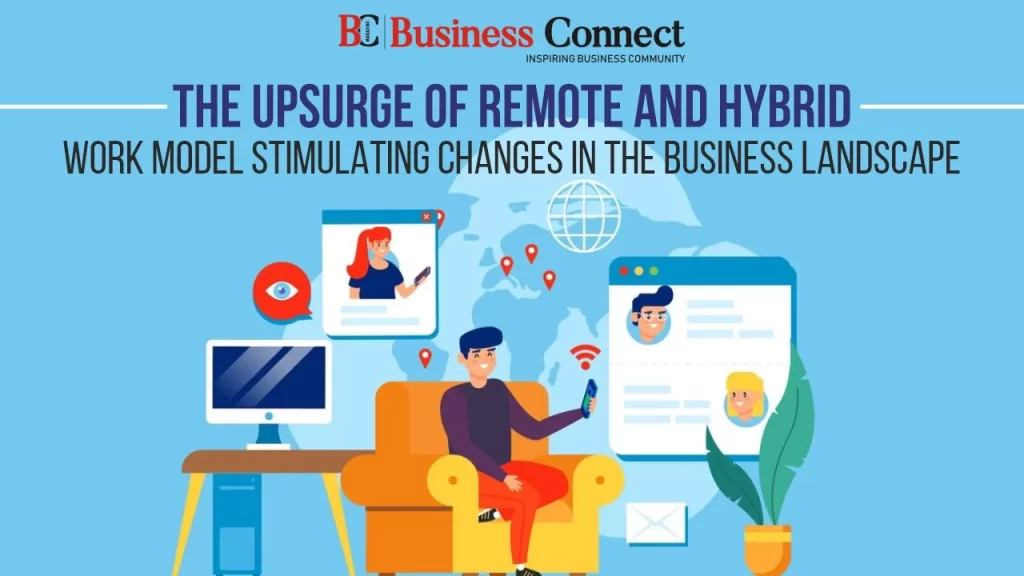The upsurge of Remote and Hybrid Work Model stimulating changes in the business landscape
We know about all the disruptions spurred by COVID-19 across the business world. But, one outcome of this is the increased prominence of remote work that revolutionized the business operations forever.
Since then, the global workforce has been experiencing substantial revolution. More and more employees are now seeking out remote and hybrid work arrangements from their employers. A number of factors come into play that resonate with the above premise:
- The increasing usage of technology: With the launch of high-speed internet and effective apps and tools, remote work is easier than ever for employees who wish to work from home.
- The developing demand for flexibility: Employees are gradually valuing flexibility in their work arrangements, as it allows them to better balance their work and personal lives. And, especially for Millennial as well as Gen Z employees its top tier workplace offering.
- The increasing cost of living: In major metro cities like Mumbai and Delhi, the cost of living has been rising steadily in recent years. These work arrangements definitely help employees to save money on commuting.
In reference to the Indian ecosystem, a recent survey conducted by Adecco India, 72% of Indian employees have become fond of working remotely. And, 83% would definitely prefer a job offer that promises remote work options. This survey emphasized individuals with work from home options are more content and happy as they enjoy better work-life balance.
But what about the benefits of remote and hybrid work arrangements? From the employer as well as employee perspective, let’s share some insights into this debatable topic:
When it comes to the employees, remote work greatly aids in reducing stress and maintaining work-life balance. It is accompanied with decreased commuting time and costs, escalated productivity, greater job satisfaction. And last but not least, it allows access to a wider range of job opportunities.
On the other side, for employers, it allows them to cut costs in terms of office spaces which will lower some operational cost. It enhances employee retention and better performance due to the better mental states of the employees.
Though there are advantages that are quite enticing, a handful of challenges are associated with remote and hybrid work arrangements create resistance in its adoption:
- Communication and collaboration: Many times, it is quite challenging to communicate and collaborate with colleagues when one is not working in the nearby physical setting. In a certain way it might also lead to thoughts of proximity biases which could affect one’s job security.
- Isolation: Those with prolonged remote work options can sometimes feel isolated from their colleagues and managers. This can lead to feelings of isolation and disengagement from the team.
- Distractions: It has been observed that work from home settings are more disrupting when compared to office premises. This hinders the focus and may take a toll on productivity.
- Security: In the past three years, remote work settings witnessed an increase in security risks causing data breaches and cyberattacks. To combat this, employers need to take a set of actions to moderate these threats.
Hybrid and remote work arrangements: The future
For the upcoming years, we can expect a blend of remote and in-office work that are tailored to individual requirements and organization culture. While office arrangement and regulations might need some modifications, the Indian workforce is ready to grip the flex. Remember, a happy, empowered workforce is a productive one, and India’s future looks bright, one flexible work arrangement at a time.



